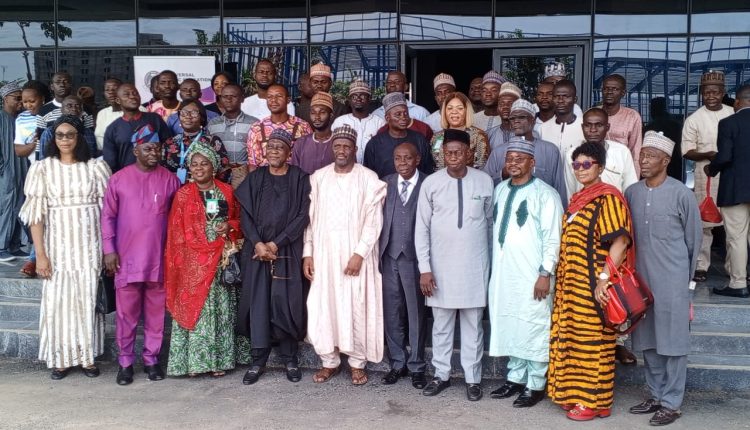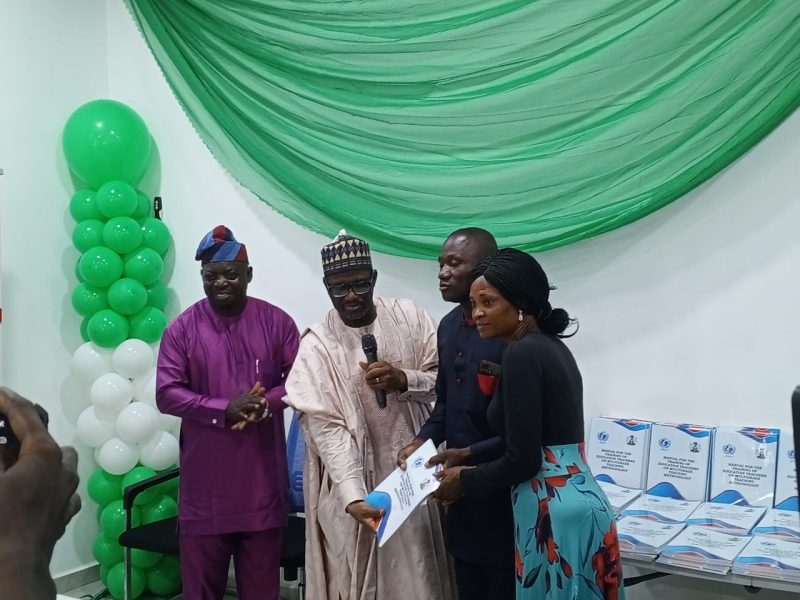The Universal Basic Education Commission (UBEC) has commenced training 1,480 teachers selected from schools in rural and underserved communities across the 36 states and the Federal Capital Territory (FCT).
This training focuses on multigrade and mixed-ability teaching approaches and includes 40 teachers per state. It aims to address the learning crisis in Nigeria by equipping teachers with the necessary skills to cater to students’ diverse needs.
During the ceremony in Abuja on Monday, Dr Hamid Bobboyi, the Executive Secretary of UBEC, called attention to the challenges faced in providing quality education to learners in remote areas.

These challenges, according to Bobboyi, include the difficulty in attracting and retaining qualified teachers, often leading to decreased enrollment and retention rates.
“Some who have access in the rural areas do not have the opportunity to have teachers available due to the challenge of bad terrain.
“The consequence of this is low enrollment and increase in the number of out of school children as learners lose interest in education and drop-out from school.”
“In the rural and hard to reach areas, the provision of quality education is challenging as attracting and retaining qualified teachers is difficult and this causes parents/guardians to be less inclined in enrolling their children in school or be withdrawing them from school since their education needs are not met.
“The general outcry by stakeholders over the dearth of teaching staff in the rural and hard to reach schools attests to this fact,” he said.
Represented by Prof Bala Zakari, the Deputy Executive Secretary, Technical, Dr Bobboyi stressed UBEC’s commitment to providing quality basic education to all Nigerian children, regardless of their location or background.

He drew attention to the importance of equipping teachers with effective pedagogical strategies to engage and support diverse learners effectively.
Mayowa Aleshin, the director of teacher development at UBEC, appreciated the government’s efforts to address various challenges affecting teaching and learning across the country.
Aleshin stated that teacher capacity building is important in combating learning poverty, particularly in rural and hard-to-reach areas, which ensures every child receives quality education under the UBE programme.
“One of the solutions is the capacity building of teachers to arrest learning poverty in the schools in the Rural and Hard to Reach Areas and to ensure every child in school receives quality education.
“The Multigrade pedagogy is therefore available as a panacea to address this challenges of Out-of-school children,” he said
Aleshin mentioned that 40 teachers were chosen from each of the 36 states and the FCT, making a total of 1,480 teachers undergoing training.


